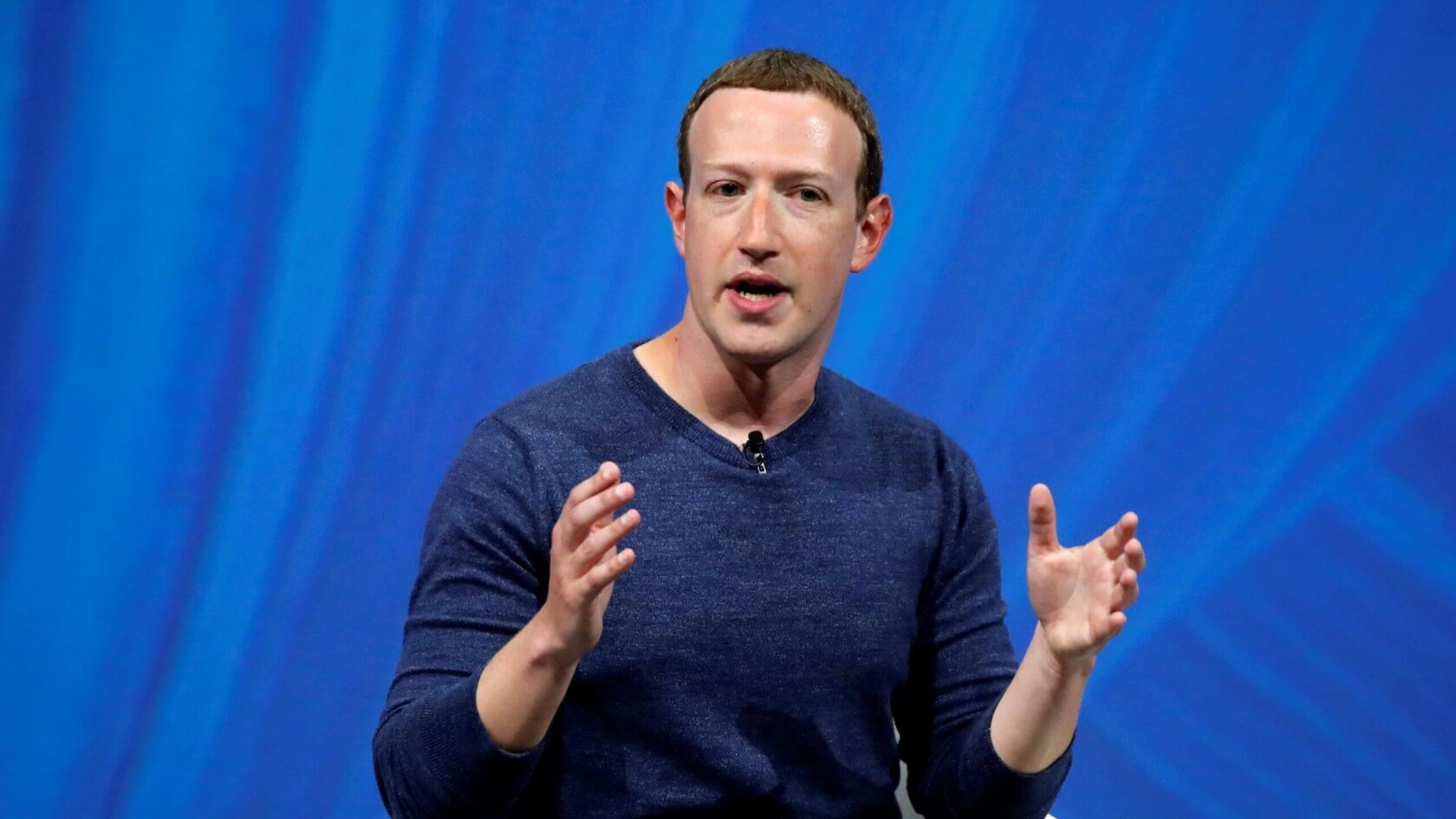Improved privacy is almost always a good thing for the average consumer, and end-to-end encryption is one way to ensure that the principle is preserved across various messaging services. Unfortunately for Facebook, its efforts in this area may have hit a slight roadblock.
Earlier this year, Facebook announced its desire to bring end-to-end encryption to all of its messaging services, including Messenger, Instagram, and WhatsApp. Now, it looks like the US Department of Justice (DOJ) will ask the social media giant to adjust those plans. According to The New York Times, Attorney General William P. Barr aims to pressure Facebook into creating a "backdoor" in its end-to-end encryption systems.
This backdoor would allegedly be used to give government investigators the ability to browse communications for criminal activities; most notably those relating to terrorism, high-level organized crime, and child trafficking, according to a letter obtained by the Times.

Putting a stop to those activities is certainly a noble pursuit, but any sort of backdoor in Facebook's messaging applications could have negative implications for the entire userbase. Our era is one of constant connectivity, and privacy is already an elusive goal – opening up encrypted communications to government authorities won't make things any easier, particularly not when those backdoors could be exploited by other third parties.
The privacy versus safety dilemma is one modern humans have struggled with for decades. For one side to thrive, the other must suffer, or so it usually seems. We'll have to wait and see which side of the debate Facebook will fall on this Friday, when Barr and his colleagues are expected to press the company for an encryption backdoor.
Facebook CEO Mark Zuckerberg has already demonstrated his willingness to fight the US government in the "breaking up big tech" battle, so perhaps that policy will extend to privacy matters as well.
